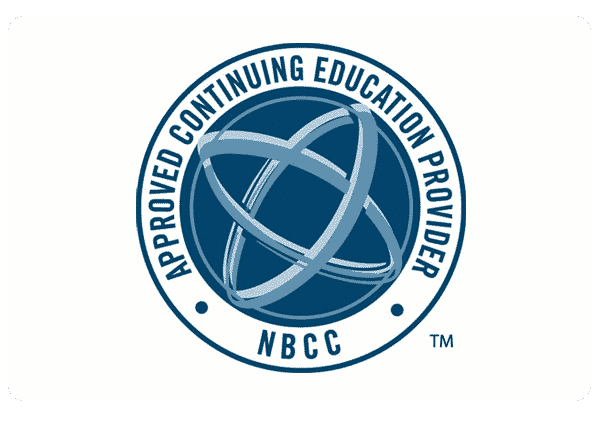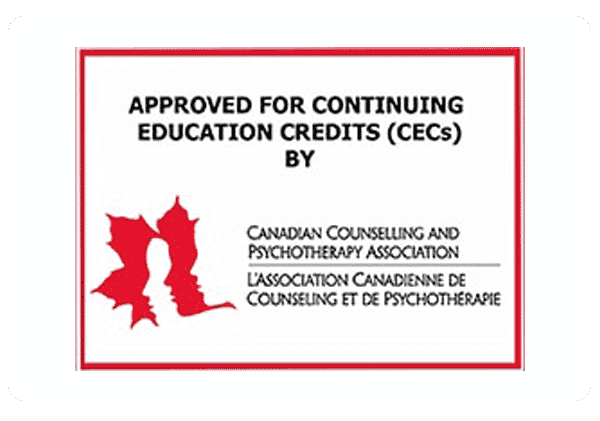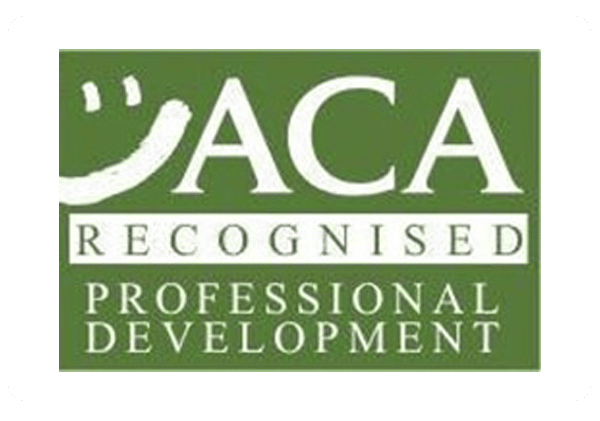Polyvagal-Informed Trauma Recovery and Resilience: Applying Embodied Practices – Debra Alvis
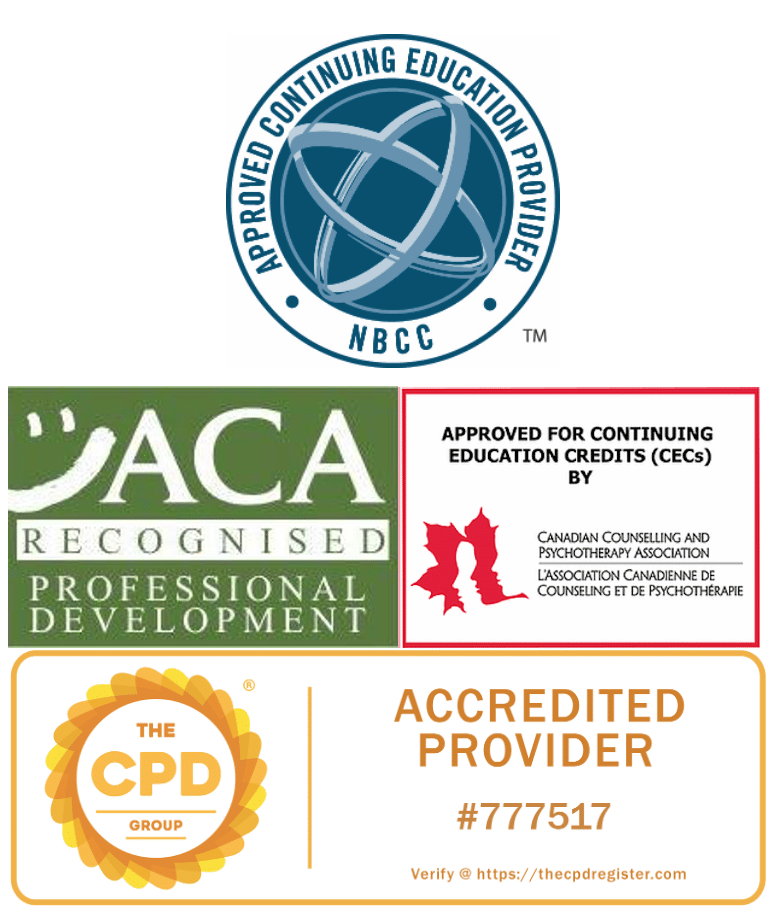
After experiencing trauma, our clients often dissociate from their bodies aiming to escape intense sensations and emotional pain. They then increasingly react to inner and outer cues linked to behavioral patterns that are below conscious awareness.
Even after treatment, clients who have experienced severe or sustained trauma are often overwhelmed by residual symptoms and are trapped in reactivity to triggers. Safe-embodiment skills, carefully introduced, sequenced, and titrated, can move clients beyond the life-diminishing cycles of avoidance and re-traumatization.
In this live online training, you will learn an array of skills designed to create the safety needed to work with the body and with fearful parts of the self. You will learn how to help clients identify, befriend, and shift autonomic states and parts of the self that otherwise perpetuate avoidance and reactivity.
In both virtual and in-person therapy sessions, you will be able to offer clients embodied trauma-resiliency tools designed to strengthen vagal tone and the motivation to incorporate these vagal toning strategies into their daily lives. Integrate and sequence inner exploration with gentle movement and breath, increasing your client’s self-efficacy, steadiness, and ability to choose rather than react.
Join Debra, an experienced international presenter, in this day of experiential learning as she shares embodied Polyvagal Theory applications. Conclude the day with new tools for trauma recovery and vibrant resiliency.
Recorded on 21st September 2022
TRAINING information
After experiencing trauma, our clients often dissociate from their bodies aiming to escape intense sensations and emotional pain. They then increasingly react to inner and outer cues linked to behavioral patterns that are below conscious awareness.
Even after treatment, clients who have experienced severe or sustained trauma are often overwhelmed by residual symptoms and are trapped in reactivity to triggers. Safe-embodiment skills, carefully introduced, sequenced, and titrated, can move clients beyond the life-diminishing cycles of avoidance and re-traumatization.
In this live online training, you will learn an array of skills designed to create the safety needed to work with the body and with fearful parts of the self. You will learn how to help clients identify, befriend, and shift autonomic states and parts of the self that otherwise perpetuate avoidance and reactivity.
In both virtual and in-person therapy sessions, you will be able to offer clients embodied trauma-resiliency tools designed to strengthen vagal tone and the motivation to incorporate these vagal toning strategies into their daily lives. Integrate and sequence inner exploration with gentle movement and breath, increasing your client’s self-efficacy, steadiness, and ability to choose rather than react.
Join Debra, an experienced international presenter, in this day of experiential learning as she shares embodied Polyvagal Theory applications. Conclude the day with new tools for trauma recovery and vibrant resiliency.
Recorded on 21st September 2022
Learning Objectives
- Analyze how the primary tenets of Polyvagal theory can be applied to trauma treatment through embodied contemplative practice.
- Demonstrate how compassion-based interventions shift vagal states and shame-based trauma reactions.
- Demonstrate inner dialogue with disowned aspects of the self for building a secure attachment to the self.
- Demonstrate two breathing practices for calming fight/flight, energizing the body, and focusing the mind.
- Integrate simple movements to relieve anxiety and shift from shut down.
- Develop cultural sensitivity through individualizing treatment.
Agenda
Integrating Embodied Practices in Psychotherapy – A Polyvagal Approach (1 hour)
- Ground & settle into the body
- Poetry – a mother’s voice
- Move gently – strengthen the vagal system
- Sound & breath – stimulate the face to heart connection
- Scan the body – develop interoceptive awareness
- Motivate practice, build awareness of autonomic states – mindful inquiry
Apply Polyvagal Theory in Trauma Treatment (1 hour)
- Vagal States & Autonomic Hierarchy
- Neuroception – how the traumatized nervous system interfaces with the world
- Re-establish effective co-regulation – a biological imperative
- Utilize prosody or voice
Morning Break (15 minutes)
Apply Polyvagal Theory in Trauma Treatment (continued for 1 hour)
- Provide trauma-informed psychoeducation on intermingled vagal states
- Build Recovery & Resiliency Through Smart Vagal Activity
- Subcortical resilience
- Eye movements to build resiliency
- Resourcing – Map vagal states and pivotal practices
Shift & Re-Shape the Traumatized Nervous System with Embodied Contemplation (30 minutes)
- Energizing Breaths to Stimulate Safety in Social Connection
- Skull shining breath
- Ocean sounding breath
- Calming breaths to stem anxiety
- Three-part breath
- Shining moon breath
- Movements to Awaken the Shut-Down Nervous System
- Gentle back-bending movements
- Standing stretches to focus mind/body
- Goddess posture – Breath plus movement
Lunch
Shift & Re-Shape the Traumatized Nervous System with Embodied Contemplation (continued for 30 minutes)
- Movements to Calm Fight/Flight
- Easy forward bending
- Simple sigh & stretch
- A dance with the hands – Mudras
- Face-to-Heart Connection Through Sound & Movement
- Call & response chant
- Walking meditation to awaken compassion
- Loving kindness imagery
Calm & Rewire the Traumatized Nervous System (1 hour)
- Identify vagal state triggers and resets
- The five senses – A return to the here and now
- Deep relaxation to support safe connection
- Adapt and individualize trauma treatment with cultural sensitivity
- Apply Polyvagal Theory to racial healing
- Extend resiliency building to implicit memory, body memory, and procedural conditioning
The Polyvagal-Wise Trauma Therapist (1 hour)
- Explore ahimsa or non-violence with self and clients
- Self-compassion to negotiate fight/flight from inner critic
- Build safety and connection between sessions
- Right action & ethics for strengthening ANS resiliency
- Mirror through matching the client’s vagal states
- Shift self and client back into connection
About the Speaker
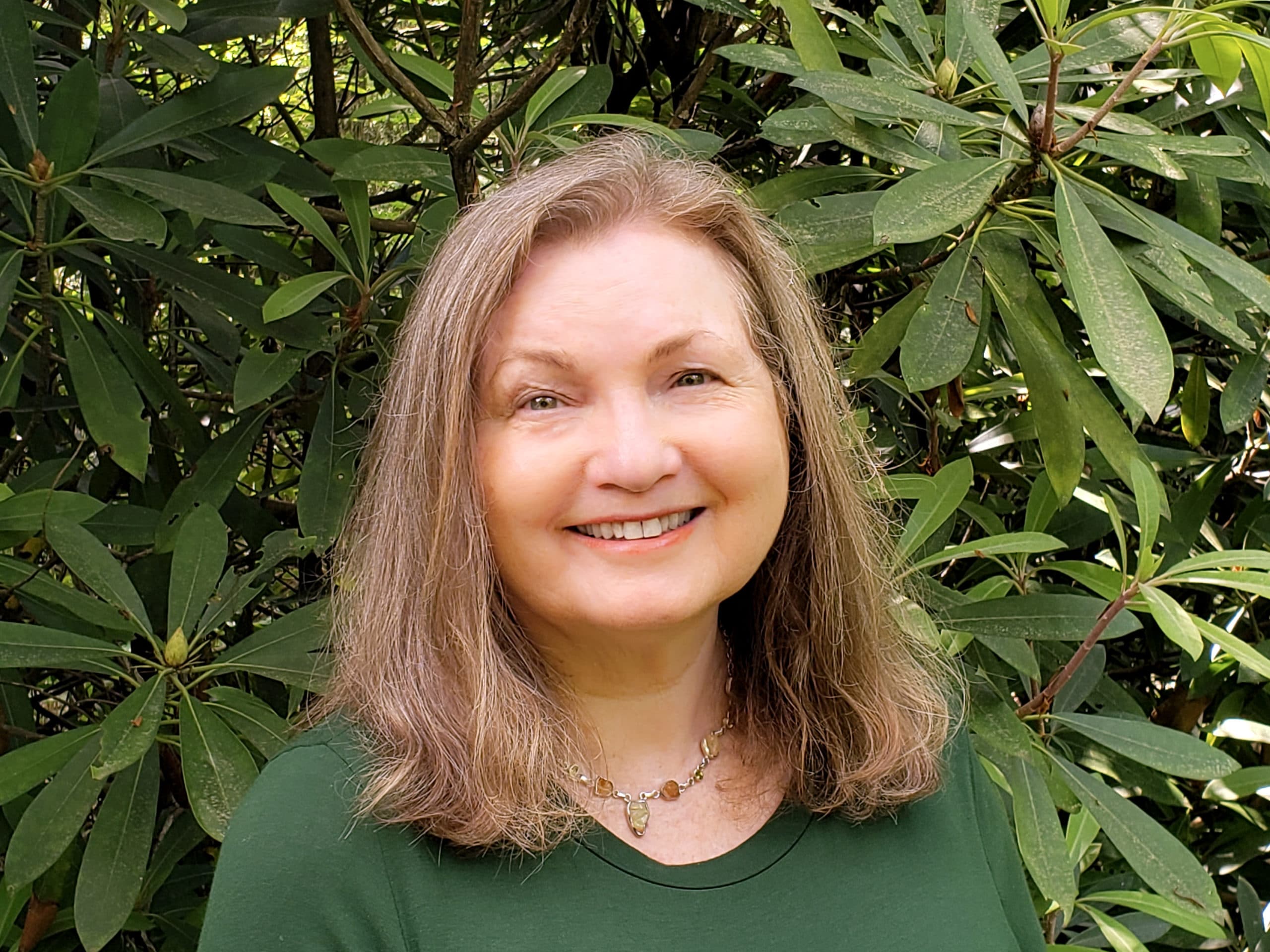
Her credentials include certification as a yoga therapist and as a mindfulness teacher trained by Jon Kabat Zinn. A thirty-five-year personal contemplative practice, research experience, and a deep understanding of applied neuroscience, Polyvagal Theory, and resiliency further enrich her presentations. She draws upon this unique background to provide effective and easily applicable skills designed for immediate integration into clinician’s practices.
CPD/CE
CPD & CE credits available: 6
How do I receive these credits?
The participant must pass the multiple-choice test with a minimum score of 80%. There is a maximum of three attempts to achieve this.
The post-test is included in the price of the training.
Does my regulatory body accept the credits?
The CPD & CE credits awarded can be used towards your declaration to any governing regulatory body in your state or country, provided the content is relevant to your discipline.
Our trainings are accredited by:
– The CPD Group, London
– Canadian Counselling and Psychotherapy Association
– Australian Counselling Association
– National Board of Certified Counselors (NBCC)


